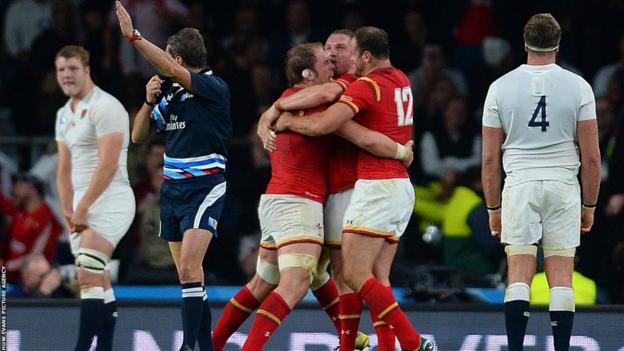 Wales have endured highs and lows at the previous nine World Cups
Wales have endured highs and lows at the previous nine World CupsFew countries have as curious a history with the Rugby World Cup as Wales.
From the joys of hosting the tournament and famous wins, to the despair of shock defeats or scratching of heads at self-inflicted controversies.
All fans have their memories of the good, bad and downright ugly incidents since the inaugural event in 1987.
So we countdown ten of the most memorable - if not always best - moments for Wales as they prepare for the tenth tournament at France 2023.
10 - Wales end Australia hoodoo
Possibly Wales' best 80-minute performance at a World Cup.
The Grand Slam champions had topped the world rankings ahead of the tournament in Japan and oozed confidence with a stunning first-half display against Australia in Tokyo.
Tries from Hadleigh Parks and Gareth Davies and the boot of Dan Biggar put Warren Gatland's side 23-8 ahead at half-time.
Australia hit back but Rhys Patchell steered Wales home for a first World Cup win over the Wallabies in 32 years.
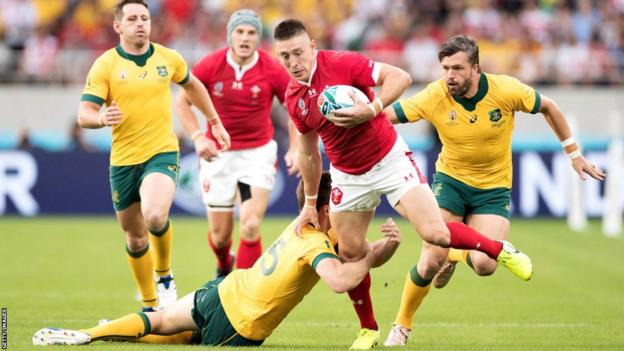 Josh Adams finished as the 2019 tournament's top try-scorer with seven
Josh Adams finished as the 2019 tournament's top try-scorer with seven9 - Wales deny Lomu
Wales' only significant achievement of a doomed 1995 campaign was stopping the emerging superstar of world rugby.
Jonah Lomu burst onto the scene in South Africa but only the hosts and Wales could find a way to stop the thundering wing.
Lomu would face Wales three times in his career - including the last of 63 appearances for the All Blacks - but curiously would never score.
For Wales, it marked a minor claim to fame in South Africa having sacked Alan Davies just two months before the tournament and appointed the first non-Welshman to coach the national team, Australian Alex Evans.
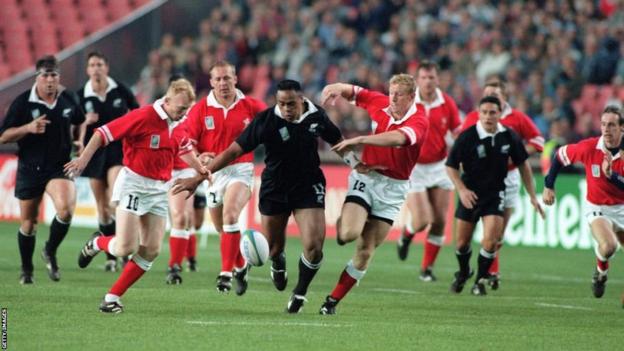 Jonah Lomu never scored against Wales and ended his playing career with Cardiff Blues.
Jonah Lomu never scored against Wales and ended his playing career with Cardiff Blues.8 - Howley sent home
Coaches have been sacked before a World Cup, but never during one. Then came the Rob Howley bombshell.
Warren Gatland's number two had been instrumental in four Six Nations titles and a British & Irish Lions Test series win in Australia.
But he was sent home from the 2019 World Cup in Japan before Wales had even kicked off after being accused of betting breaches.
Howley would later be banned from the sport by World Rugby for 18 months while Wales would reach the semi-finals without him.
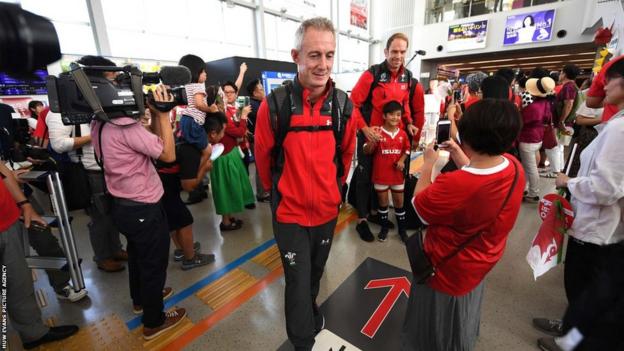 Rob Howley arrives in Japan with the Wales squad - but would depart just days later
Rob Howley arrives in Japan with the Wales squad - but would depart just days later7 - Welsh lambs become dragons
Steve Hansen was accused of waving the white flag when he made ten changes for the final pool game of the 2003 World Cup against New Zealand.
However these 'lambs to the slaughter', as one newspaper headline described, produced a thrilling display that lit up Sydney and stunned the tournament.
Mark Taylor, Sonny Parker, Colin Charvis and Shane Williams all scored as Wales led the All Blacks 37-33 in the second-half.
They would eventually lose 53-37, but many players pointed to that match as the turning point for Wales and the springboard to the 2005 Grand Slam.
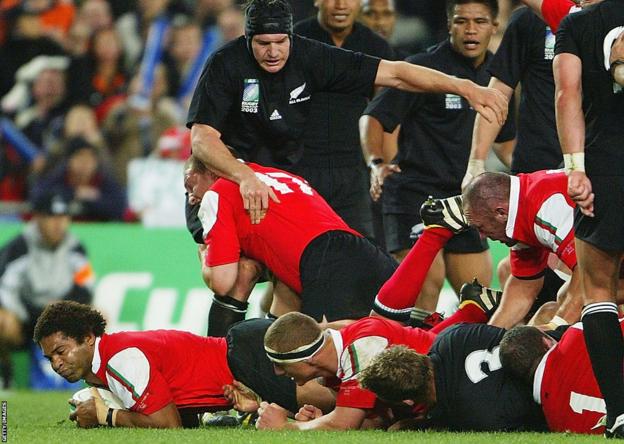 Wales' 37 points in 2003 remains their highest score against New Zealand
Wales' 37 points in 2003 remains their highest score against New Zealand6 - Wales welcomes the world
The Millennium Stadium was built to host the first World Cup of the professional era and would symbolise a revival in Welsh national confidence.
Cool Cymru was in full swing with the likes of likes of Manic Street Preachers, Stereophonics and Catatonia topping the charts and Rhys Ifans taking Hollywood by storm.
The National Assembly was established in a new-look Cardiff Bay to house the country's first parliament in 600 years, while a shrine to the national sport was under construction in the city centre.
There were very real concerns the £121m Millennium Stadium, now called the Principality Stadium, would not be ready in time but the last electrics were hooked up with just days to go and Wales staged an opening ceremony unprecedented in scale and ambition for a Rugby World Cup.
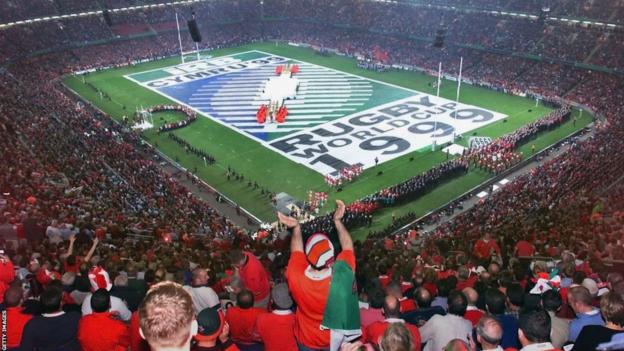 Wales hosted the 1999 World Cup though it was still played over five countries
Wales hosted the 1999 World Cup though it was still played over five countries5 - Sacked in the morning
Gareth Jenkins' brief and troubled reign was finally brought to an ignominious end when he was sacked in a French hotel car park.
In 2007, Jenkins had become the first Welshman to lead Wales to the World Cup for 16 years having narrowly managed to hold onto his job by avoiding a Six Nations whitewash with victory over England.
But the cracks were evident and a lack of cohesion in both tactics and selection were brutally exposed by Fiji in a nevertheless thrilling encounter in Nantes.
It would be one of the great World Cup matches but marked the final straw for Jenkins - who remains the last Welshman to take charge of Wales at a World Cup.
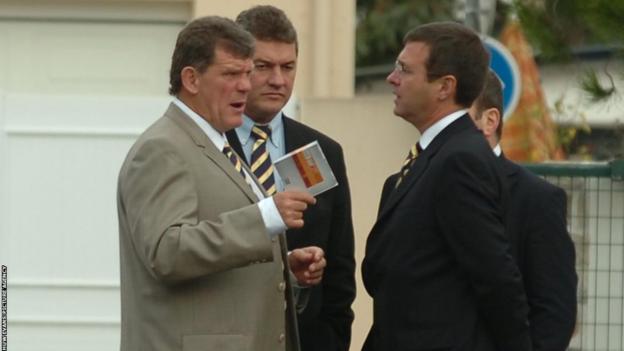 Wales head coach Gareth Jenkins was sacked the morning after the 38-34 loss to Fiji
Wales head coach Gareth Jenkins was sacked the morning after the 38-34 loss to Fiji4 - Humbled by Samoa (the first time)
Of course Fiji in 2007 was far from the first time Wales had lost to south-sea island opponents.
Most famously, Wales were beaten in Cardiff by, then called, Western Samoa in what was one of the biggest shocks in rugby history.
It was only four years since Wales finished third but head coach Ron Waldron left his post weeks before the World Cup because of ill health - and disastrous results - throwing Alan Davies into the hot seat.
Samoa were stacked with talent such as future All Blacks Frank Bunce, Stephen Bachop and Pat Lam and following the 16-13 loss, one Welsh fan provided a classic rugby quotes: "We're lucky we didn't play the whole of Samoa."
Wales would lose again to Samoa in Cardiff eight years later.
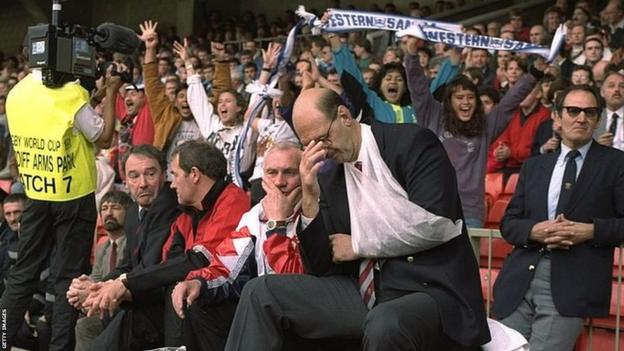 Wales lock Phil May was among those to feel the full force of Western Samoa in the defeat
Wales lock Phil May was among those to feel the full force of Western Samoa in the defeat3 - Wales' Twickenham triumph
Wins against England are always sweat for Welsh fans, but to do so at Twickenham in your rivals' own World Cup was beyond all hope.
England were in control, leading 22-12 with half an hour to play but had not counted on Wales' resolve.
Warren Gatland's side overcame seemingly endless injuries to pull off a sensational 28-25 success.
Replacement scrum-half Lloyd Williams filled in on the wing but his cross-field kick set up a try for Gareth Davies while Dan Biggar kicked 23 points, including a match-winning penalty from long range.
England captain Chris Robshaw fatefully opted to kick a late penalty to touch, in search of a win, rather than take the draw and England would become the first host nation to fail to qualify for the knock-out stage.
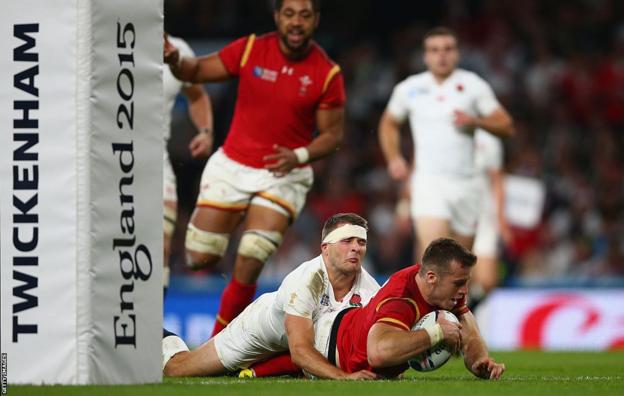 Gareth Davies stunned England with his 71st-minute score
Gareth Davies stunned England with his 71st-minute score2 - Thorburn's kick
David Codey became the first Australian player sent off in a test match just minute's into the third-place play-off but it still took a last-gasp conversion for Wales to win.
Gareth Roberts and Paul Moriarty scored before Adrian Hadley's late try set up Paul Thorburn's tricky conversion from the touchline to snatch a dramatic 22-21 victory.
It capped a colourful if chaotic first experience of a World Cup for Wales, from gambling at pool and sleeping in cold motel rooms to boozing with England football star Bryan Robson.
However 36 years on, that inaugural and slightly ramshackle tournament in 1987 remains Wales' most successful.
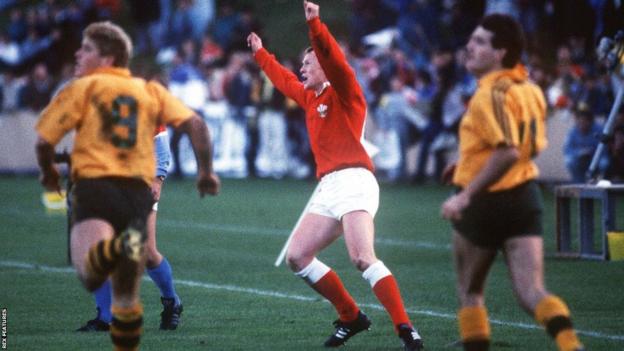 Paul Thorburn's late kick clinched a 22-21 win for Wales over 14-man Australia in a third place play-off
Paul Thorburn's late kick clinched a 22-21 win for Wales over 14-man Australia in a third place play-off1 - Warburton's red
Most close-fought contests have their fair share of almosts and nearlys but the 9-8 loss to France in the 2011 semi-final had all of those, and enough whys, if onlys and what ifs to drive a nation mad.
A young and vibrant side took the tournament by storm but Wales' glorious World Cup odyssey would ultimately be decided in the 19th minute, with a flash of referee Alain Rolland's red card.
Sam Warburton, the youngest captain in World Cup history, tipped wing Vincent Clerc upside down and Wales' world went with it.
The tournament would pave the way for Six Nations success in 2012 and 2013 - but only after a prolonged period of national mourning.
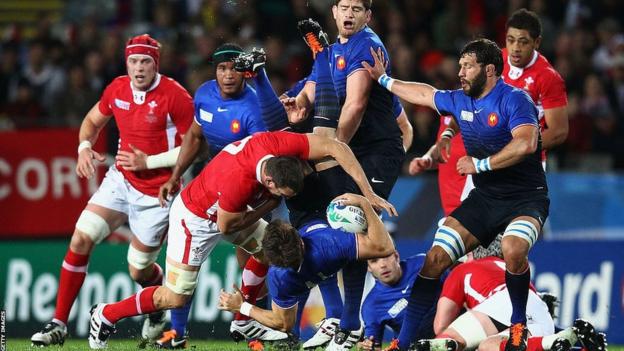 Wales played for more than an hour of the semi-final with 14 men after Warburton was sent off
Wales played for more than an hour of the semi-final with 14 men after Warburton was sent off
 Movie
Movie 8 months ago
122
8 months ago
122 
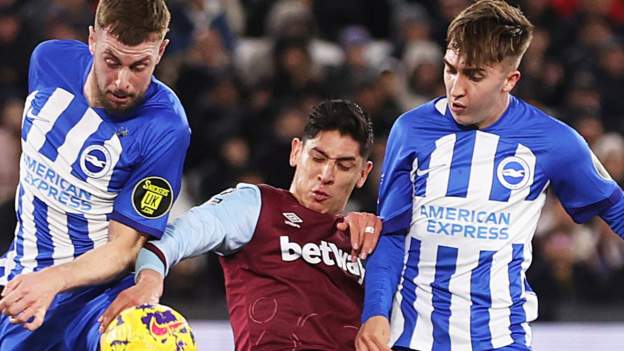
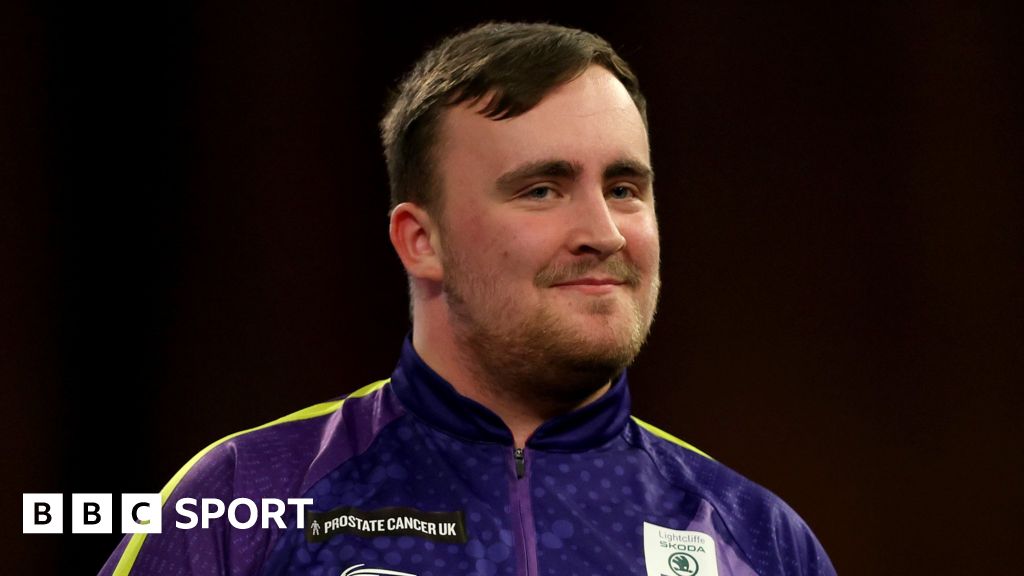
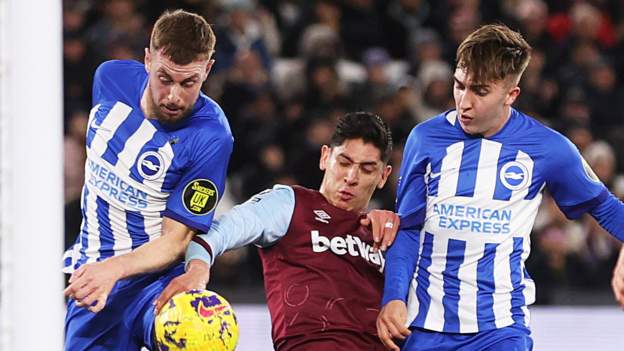
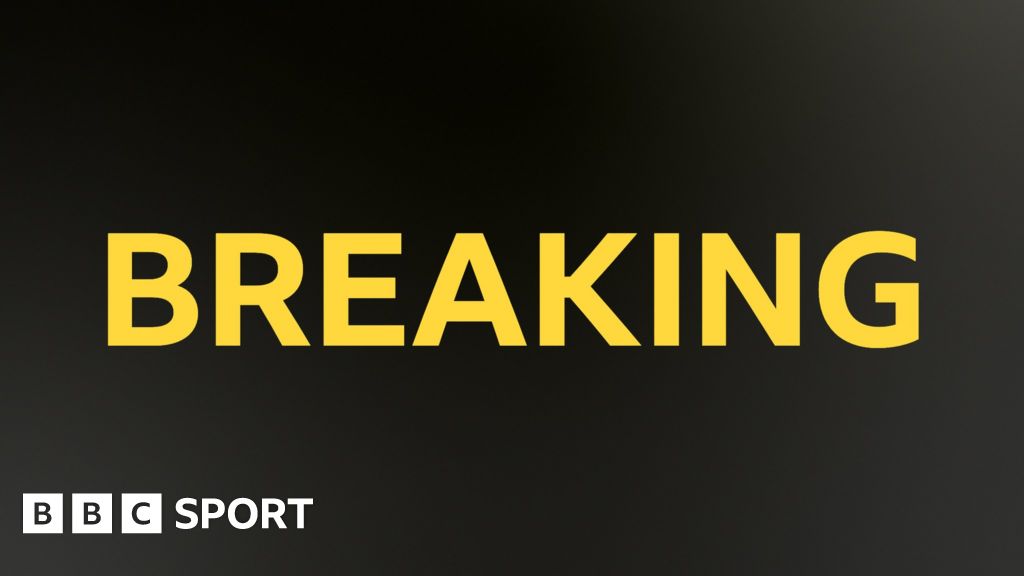


![Presidents Day Weekend Car Sales [2021 Edition] Presidents Day Weekend Car Sales [2021 Edition]](https://www.findthebestcarprice.com/wp-content/uploads/Presidents-Day-Weekend-car-sales.jpg)



 English (United States)
English (United States)